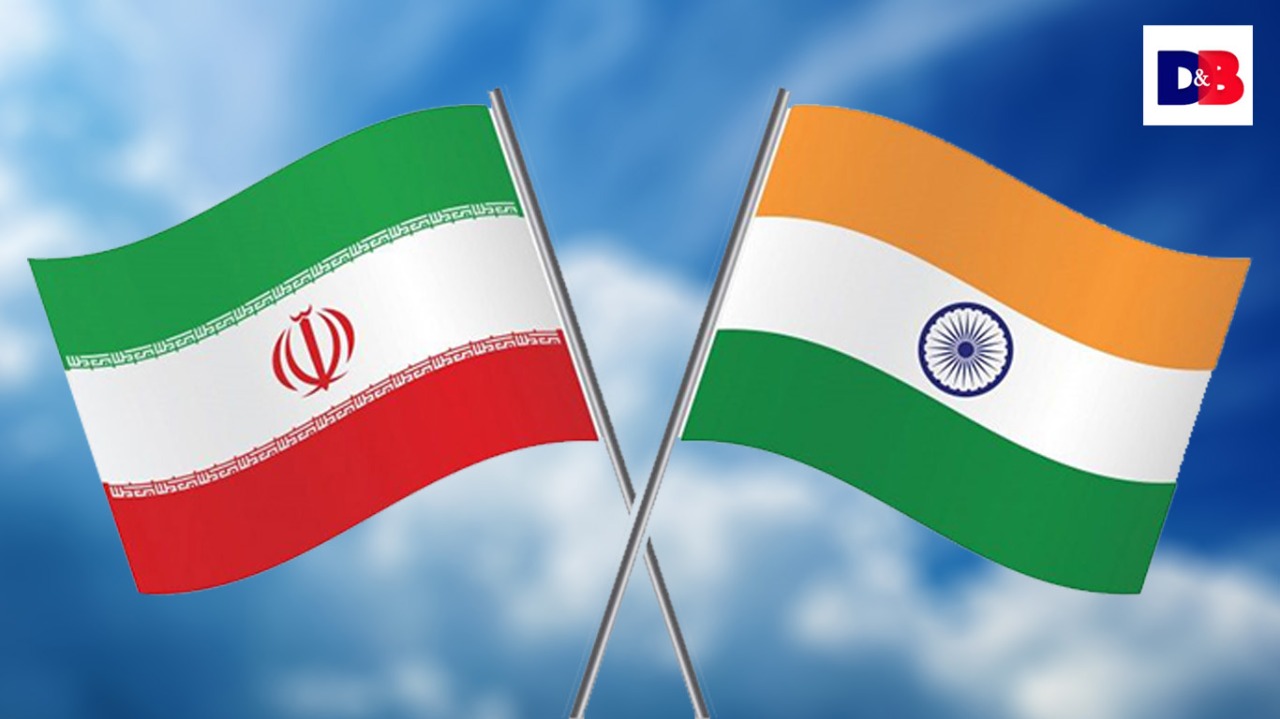Situated on the Gulf of Oman in the south-eastern part of Iran, Chabahar Port holds immense strategic importance in the geopolitical landscape. The port provides an alternative trade route between Afghanistan and India, bypassing Pakistan. In the year 2018, India and Iran signed an agreement to develop the Chabahar Port. Back in 2016, India had begun supplying rail tracks to Chabahar in order for the Chabahar-Zahedan railway line to be built for which the Indian Railways Construction Ltd (IRCON) had pledged to provide Iran with all the superstructure services, worth around $1.6 billion, including $400 million worth of steel.
The Chabahar agreement was signed with the Iranian President Rouhani and Afghanistan President Ghani, during Prime Minister Narendra Modi’s visit to Tehran. This deal with Iran was signed by India as an investment in the Chabahar port and the industries in Chabar Special Economic Zone; it being a part of the trilateral ab-greement between India, Iran and Afghanistan to develop and build a different transit route for trading purposes to Afghanistan and Central Asia. The twelve MoUs signed between India and Iran in May 2016, centered around the Chabahar port.
The supplies kept getting delayed from India’s end owing to the sanctions imposed on Iran by the US. Even though the sanctions were eased by Washington in view of the Chabahar rail project, the difficulty in finding resource suppliers kept India from giving a head start to the project despite several site visits by IRCON. Iran had also invited China and Pakistan to contribute to the project before approaching India, but the proposal did not receive any response. Recently, the tables have turned as Iran announced that it plans to move ahead with the construction work without India.
What is more critical is the fact that this news comes in the wake of a massive 25-year financial and security collaboration with China worth $400 billion. In return, China would be offered uninterrupted Iranian gas and oil supplies for the span of 25 years amongst other infrastructural and transportation facilities at the port, according to the 18-page “Comprehensive Plan for Cooperation between Iran and China”, which Tehran and Beijing are about to set the seal on. Mohammad Eslami, Iranian Transport and Urban Development Minister, inaugurated the track-construction undertaking for the Chabahar-Zahedan line last week.
The Iranian Railways would be utilising approximately $400 million from the Iranian National Development Fund and has proposed to complete the project by May 2021. This brings a severe strategic blow to India as the reports also claim that Iran has offered China facilities in the Chabahar duty free zone and the Bandar-e-Jask port 350km away from Chabahar. Jask’s location, which is right ahead of the Strait of Hormuz (in proximity to Iran’s border with Pakistan and one of the world’s most strategically significant choke-points) makes its access all the more geopolitically important. This increases the possibility of Beijing trying to extend its influence along Iran-Pakistan coast. Though the concerned Indian officials said that India would join the project at a later stage, China’s roomy participation in the project potentially jeopardises India’s strategic ties with Iran and opens up multiple possibilities for China to strengthen its military footing in the region, making China’s access to Central Asia and the Middle-East.









